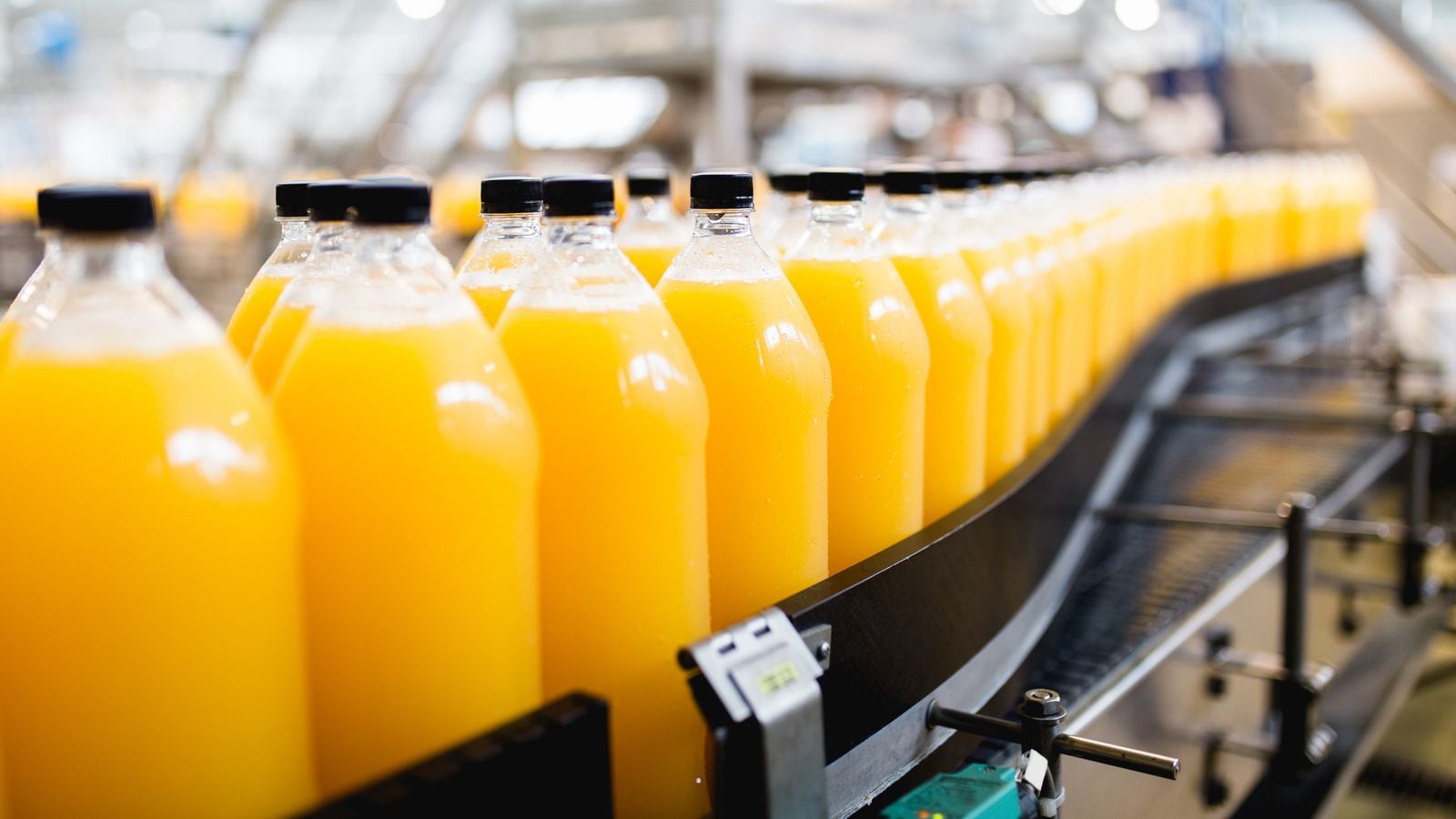Manufacturing analysis overview
In the first of our South Africa Manufacturing Analysis, we review the financial performance of JSE-listed manufacturing companies and point out some of the key trends and challenges the sector faces, which will affect its ability to capitalise on opportunities in the sector and the larger economy.
Statistics South Africa reports that in the first two quarters of 2024, the South African economy strengthened by only 0.4%. Despite tough conditions, manufacturers made clear strategic decisions that supported their financial results.
Key themes
Financial performance
Between the 2023 and 2024 financial years, some highlights include:
Overall sector market capitalisation rose by 0.57%, from R546.96 billion to R550.08 billion, mainly due to increases in the paper and wood (R21.90 million), speciality pharma (R25.98 million) and packaged foods (R17.09 million) sectors.
The impact of the manufacturing sector
Manufacturing contributes 13% of South Africa’s gross domestic product (GDP) and will continue to play a significant role in the economy, with the sector’s nominal GDP forecast to grow by an average rate of 5.7% per annum over the next decade. Significant future growth opportunities available through localisation and workforce upskilling will boost the country’s competitive advantage and attract new investment and needed employment opportunities.
A risk multiverse driven by rapid global change
Maintaining and growing the manufacturing sector involves risks, with business structure, politics and the economy being top concerns for CEOs. Global megatrends are also pushing African CEOs to adapt, with 97% of participants in PwC’s 27th Annual Global CEO Survey in Africa confirming they have changed their businesses in the past five years. During this period, 81% took significant actions impacting their business models, which showcases their agility and resilience. While many CEOs believe their companies will remain viable beyond the next decade, 73% think their competitors will not be viable beyond ten years without drastic business model changes.
Market performance and mergers and acquisitions
Procurement continues to drive broad-based black economic empowerment (B-BBEE) compliance in South Africa, with the government spending R2.04 trillion in the 2022/2023 financial year. The new Public Procurement Act No. 28 of 2024 aims to streamline procurement approaches and stimulate economic development by supporting locally produced goods and services, benefiting local and empowered manufacturers.
Investor sentiment remains cautiously optimistic, with a rise in business confidence among manufacturers. Significant mergers and acquisitions activity, particularly in the mining sector, reflects key themes such as the quest for strategic minerals and operational synergies.
The manufacturing regulatory landscape
South African industries have benefited from high carbon intensity and lower export prices, but the European Union’s Carbon Border Adjustment Mechanism (CBAM) and similar policies will erode this advantage, leading to higher costs, lower demand and increased pressure from EU importers for carbon footprint and sustainability compliance. However, the CBAM also offers an opportunity for South African manufacturers to rethink their business models and embrace a circular economy that minimises waste and maximises resource efficiency.
Embedding tax governance in the supply chain is no longer a compliance exercise—it’s a driver of value. Tax plays a critical role in optimising and transforming supply chains in the manufacturing sector. Integrating tax considerations into supply chain decisions can significantly impact business outcomes, particularly in today’s increasingly complex global environment. By strategically managing tax within the supply chain, companies can unlock cash flow, reduce costs and better manage risks associated with supply chain disruptions. Effective tax management also provides the flexibility and adaptability needed to navigate evolving tax regulations and economic uncertainties.
In the eighth edition of our Building Public Trust through Tax Reporting report, we note that eight out of the top ten performing companies in South Africa are primary-listed companies. The telecommunication sector consistently provides the most effective transparency of taxes (50%), followed by the basic materials sector (42%) and the energy sector (40%). The best-performing company is in the financial sector. Companies in the manufacturing sector scored 28% on average. It is interesting to note that 13 out of the 15 companies assessed in the manufacturing sector make use of the Global Reporting Initiative (GRI) standards to guide their integrated and sustainability reporting, but only four align themselves with the GRI 2073 tax standard or other voluntary tax transparency frameworks or principles to guide the extent of their non-financial tax reporting.
The case for sustainable manufacturing
Digital transformation is reshaping the sector, enhancing efficiency, reducing costs and improving product quality. Adopting Industry 4.0 tools and smart factory technologies is driving significant improvements in manufacturing efficiency and sustainability.
Sustainability efforts are crucial, with the sector working towards reducing its carbon footprint and embracing green practices to remain competitive globally.























